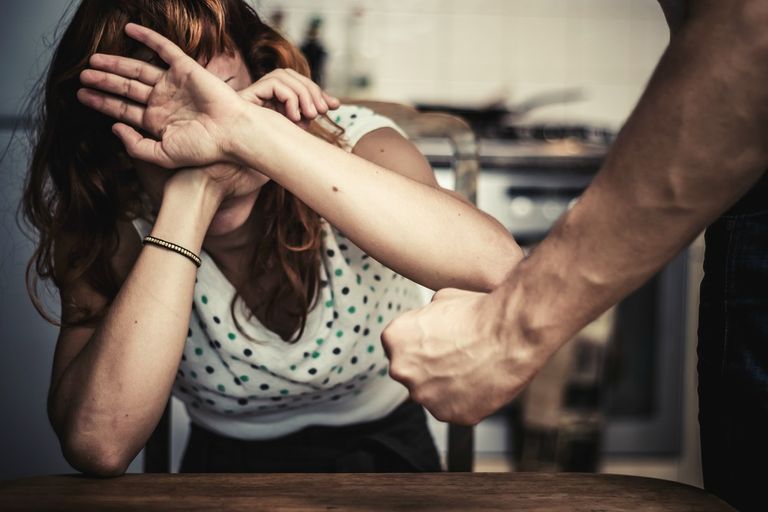
Although it's a sensitive topic, domestic abuse must be discussed. How many people truly understand what types of abuse are considered domestic violence aside from physical assault? I honestly didn't realize that I was being abused until one of my coworkers, a social professional, pointed it out to me.
A victim of abuse may be subjected to a variety of psychological effects, including walking on eggshells, anxiety, confusion, fear, depression, overwhelm, deflated, loneliness, diminished, defeat, loss of confidence, persistent self-doubt, hopelessness, and shame.
In the beginning, abuse can be subtle and take many different forms, including coercive, financial, mental, emotional, spiritual, manipulative, controlling, and narcissistic. Consistently, victims experience denigration, yelling, slurs, embarrassment, threats, and insults. The abuser bears relatively little of the blame; they are held accountable for everything that goes wrong in their life. Subsequently, the perpetrator is probably going to try to persuade everyone else that the victim is unstable or has a problem.
There is typically a pattern to abuse: tension builds, the abuser acts out, then they apologize, maybe offering an explanation for their actions, promising that it won't happen again, and maybe even "treating" the victim to a meal or some clothes. There will then be quiet times until they discover something new to control, accuse, or place the blame on the victim.
Excessive control, denial, and trivialization are examples of narcissistic abuse. Another type of psychological abuse called gaslighting is when the victim is made to doubt their reality, recollections, and sense of their own sanity. As a result, the victim experiences anxiety, confusion, and a lack of self-confidence.
People that strive to be helpful and empathetic are kind, giving, agreeable, and forgiving. While narcissists are incapable of feeling empathy for another person, empaths are deeply compassionate people who frequently prioritize the needs of others over their own.
The capacity to comprehend and experience another person's feelings and to put oneself in that person's position is known as empathy. The empath may lose themselves in internalizing the abuse and placing the blame on themselves as they attempt to find the positive aspects in the narcissist.
Relationships with narcissists are common for empaths, or those who are extremely sensitive to the energy around them. Abusers typically present as kind, courteous, and compassionate people. Making the victim seem like the one with the issue is how many abusers portray this image as a means of exerting control. As more people fail to recognize the issue, isolation increases.
Thus, why would someone continue to be in an abusive relationship after it was recognized?
FRIGHT. Fear of what would occur if they leave, as the offender has made numerous threats to harm them. Fear of being lost; stemming from the belief that they have nowhere to go and that no one will believe them. Fear of not knowing what to do as they've been told they're worthless and that they can't or won't survive without the abuser. Fear of the years to come stems from their having forgotten who they are and what they can contribute, having been made to feel worthless by the abuse. In the end, the victim's actions are determined by their fear.
Additionally, hope exists. A victim can become a survivor with the correct assistance and support. They discover that they are capable of recovering from the trauma, understanding how they came to be in this kind of relationship, and learning how to interact with others in a way that affirms and supports them. They discover that they are sufficient. They pick better mates in the future after learning how to live once more.
Upvoted. Thank You for sending some of your rewards to @null. Get more BLURT:
@ mariuszkarowski/how-to-get-automatic-upvote-from-my-accounts@ blurtbooster/blurt-booster-introduction-rules-and-guidelines-1699999662965@ nalexadre/blurt-nexus-creating-an-affiliate-account-1700008765859@ kryptodenno - win BLURT POWER delegationNote: This bot will not vote on AI-generated content